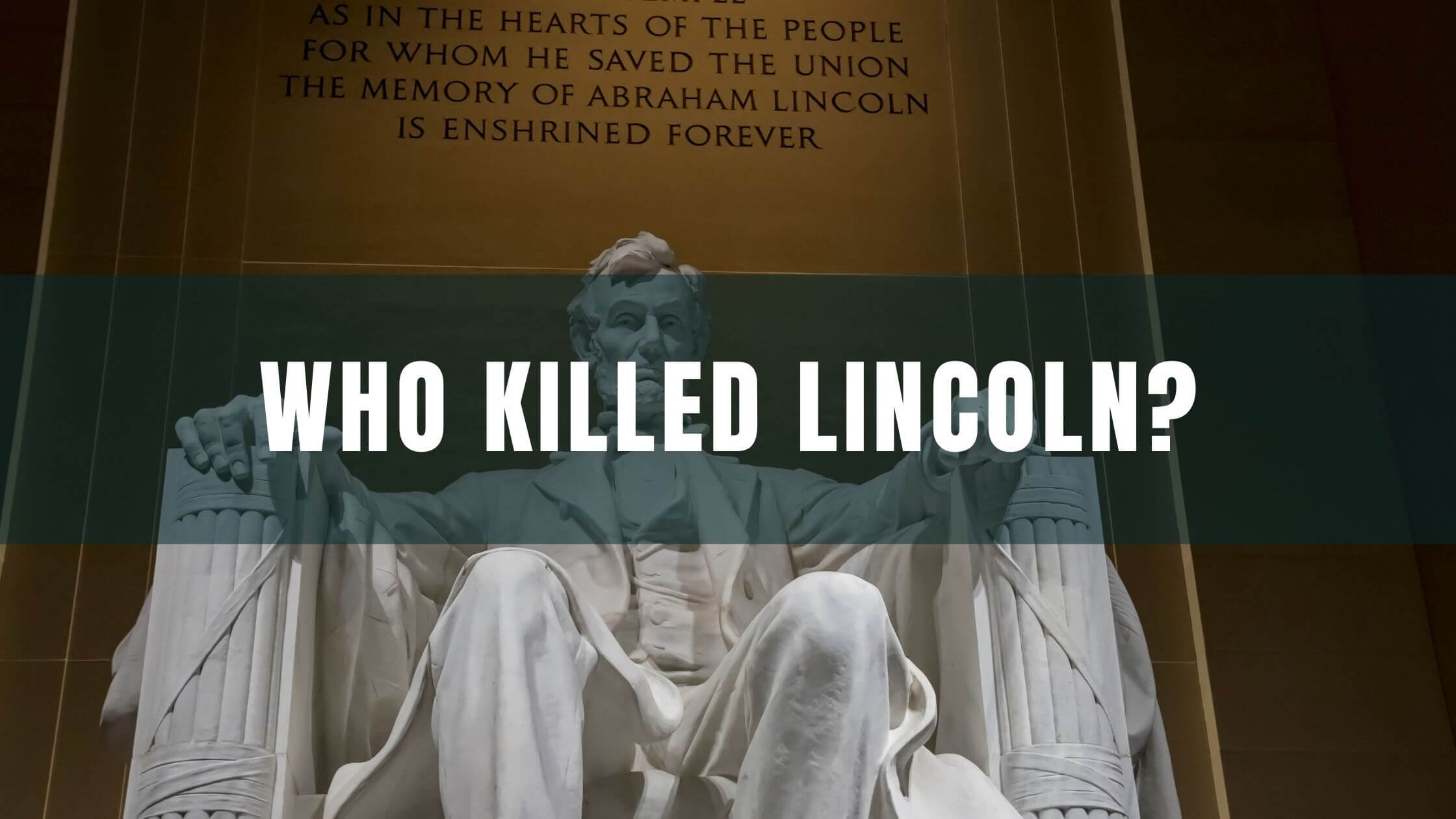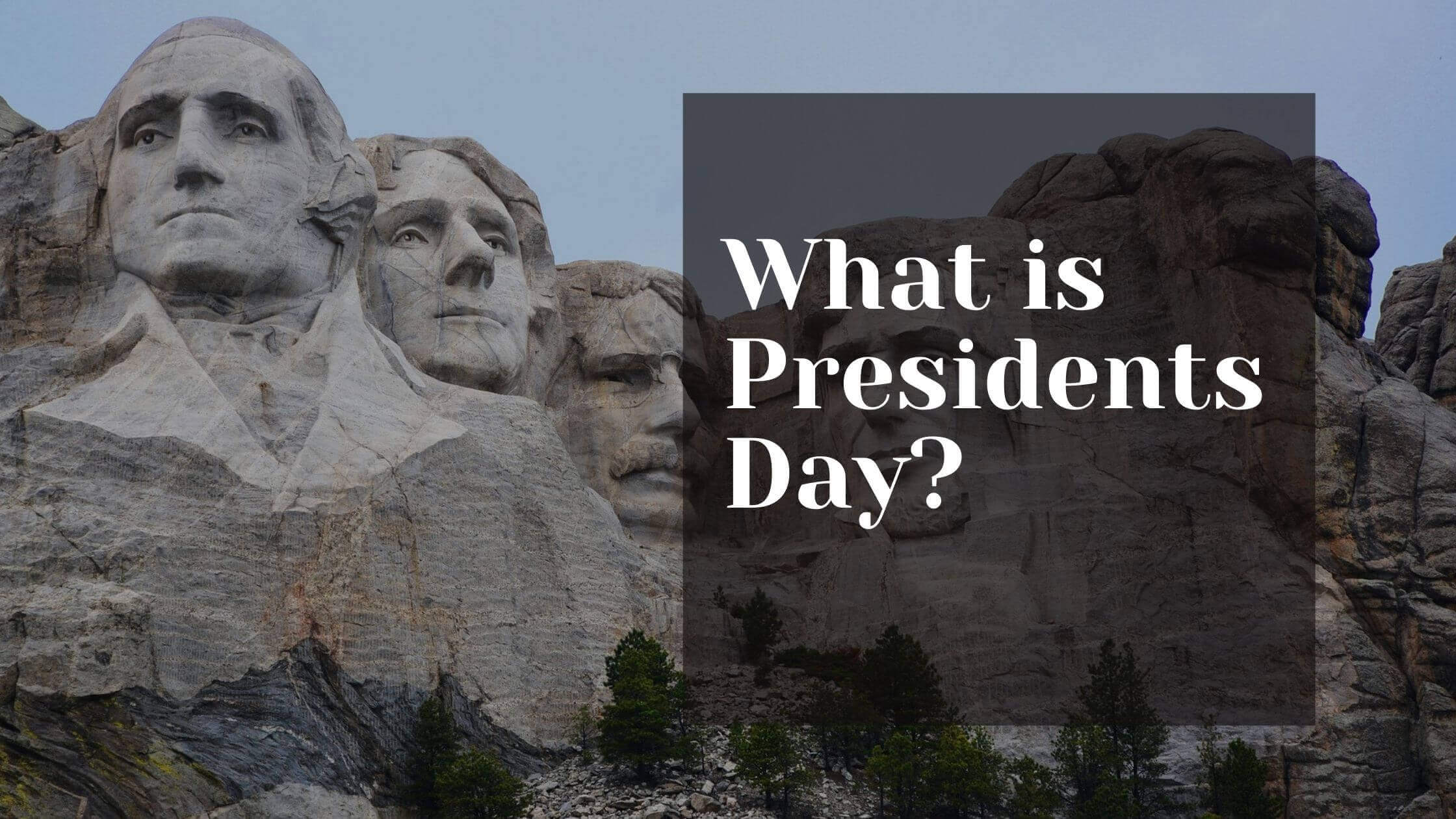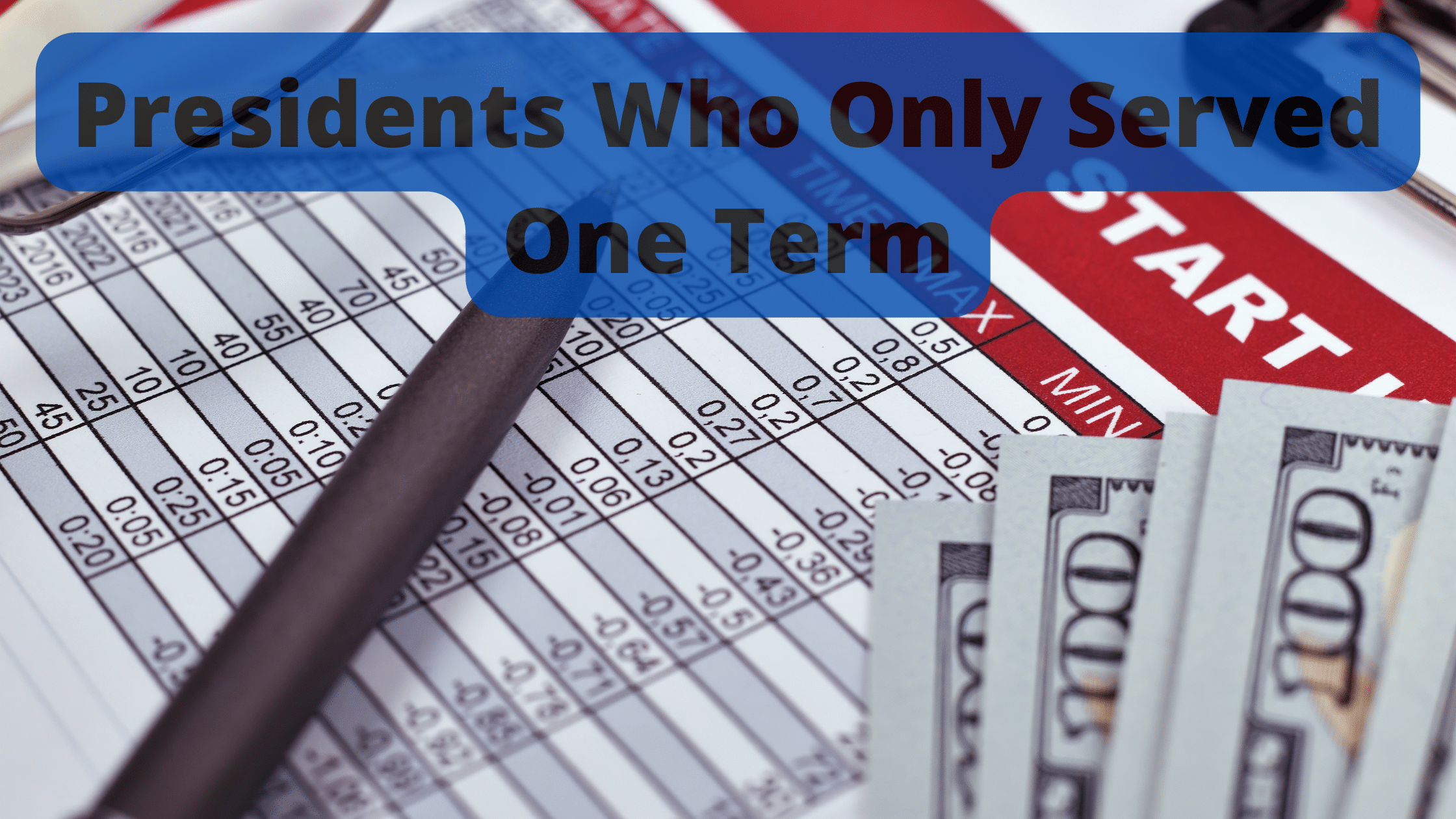Table of Contents
ToggleLatest incumbents to lose the presidential election in the US
The 2020 US presidential election saw the former vice president Joseph R. Biden trounce incumbent president Donald Trump to become the 46th president of the United States. However, Donald Trump is not the first commander-in-chief to fail to get re-elected.
As it stands, of the 45 occupants of the White House before Joseph Biden, ten vied for the second term but lost to their opponents. The other three first-termers served a single term by choice.
That said, let’s dive into the incumbent presidents who lost elections despite enjoying the incumbency advantage.
Donald Trump
Donald Trump assumed the president’s office in 2017 after trouncing his main challenger Hillary Clinton by 74 Electoral College votes. However, months after taking the oath of office, many people felt uncomfortable with his controversial leadership style.
Some of the critical controversies under his reign include the nomination of three conservative justices to the Apex Court, withdrawal of the US from the Paris Climate Accord, and enacting a significant tax cut that critics described as enlarging the wealth gap.
These reasons, combined with the mishandling of the COVID-19 pandemic, prompted Trump to fall out of favor with Democrats, independents, and a fraction of Republicans, diminishing his chances of re-election.
This dealt a massive blow to his re-election bid in 2020 as he lost on both nationwide vote and Electoral College to challenger Joseph Biden.
George H.W Bush
With a year to go until the polls, all the indications were that George H.W Bush was heading for a convincing victory. He was accredited for effectively handling foreign affairs as the Soviet Union collapsed. He was also recognized globally for his spirited efforts alongside other countries to emancipate Kuwait from invasion by Iraqi.
In the first years of his administration, George H.W bush enjoyed a massive approval rating of 90%.
Sadly for the 41st president, it was all a downward trajectory from there. Contrary to his famous 1988 campaign commitment to avoid such a thing, his decision to increase taxes weakened trust among conservative voters and dealt a massive blow to his re-election chances.
A premature recession towards the end of his first term and dismal debate performances against his primary challenger Bill Clinton proved excessively damaging to overcome. He then lost heavily in the 1992 election as he garnered 168 electoral votes compared to Clinton’s 370 electoral votes.
Jimmy Carter
Jimmy Carter defeated Ford in 1976 presidential polls to become the next commander in chief. However, during his four-year term (1977-1981), Jimmy Carter’s government faced an array of calamities. The country’s persistent levels of high inflation and unemployment were further heightened by an energy crisis that led to hiking of gas prices and deficiencies at the pump.
Also, during his reign, Jimmy Carter was not short of international policy troubles, the major one being engineering a peace pact between Egypt and Israel. In addition, the invasion of Afghanistan by the Soviets, which revived cold war fears and a fruitless evacuation of US captives towards the end of his tenure, formed a handful of foreign policy problems his administration faced.
He was thumped in the 1980 election by his primary challenger Ronald Reagan, losing by more than half of the states.
Gerald Ford
Gerald Ford assumed the presidency in unique circumstances as he was not elected on a presidential ticket. Instead, he ascended to the position of vice president courtesy of the 25th Amendment when Spiro Agnew, the then vice president, resigned in shame.
He went ahead to take over as president when the incumbent president Richard Nixon stepped down after being implicated in the Watergate scandal.
During his reign (1974-1977), Ford acquitted Nixon of all crimes he was accused of while in office, a decision that irked US nationals. This decision, coupled with low economic growth and stagflation, further dented his re-election prospects. As a result, he lost the 1976 election to Jimmy Carter by 57 electoral votes.
Herbert Hoover
Herbert Hoover, an ex-secretary of commerce, beat the odds to become the president of the United States in 1928. The pledge spearheaded his victory that he would commit to the economic achievements of the past decade.
However, his promise was short-lived as the stock market crumpled moments after taking the oath of office, resulting in the Great Depression. Hoover’s failure to control the financial and economic losses proved damaging.
The enactment of the Smooth-Hawley Tariff Act by his administration saw the prices of essential goods skyrocket, making life unbearable to ordinary citizens. In addition, the reluctance by his administration to control the market was perceived as continuing the economic malaise.

Get Smarter on US News, History, and the Constitution
Join the thousands of fellow patriots who rely on our 5-minute newsletter to stay informed on the key events and trends that shaped our nation's past and continue to shape its present.
With the electorates losing confidence in his leadership, he was beaten in the 1932 election by his primary challenger Franklin D. Roosevelt.
Wrapping Up
As you can see, a handful of incumbent US presidents failed to defend their seats despite enjoying the power of incumbency. Donald Trump and George H.W Bush are the latest incumbents to fall short of victory in defending their posts.
Incumbent Presidents Who Lost Quiz
Frequently Asked Questions
Who was the most recent incumbent US president to lose a re-election bid?
What were some of the reasons Donald Trump lost the 2020 election?
Why did George H.W. Bush lose the 1992 presidential election?
What major challenges did Jimmy Carter face during his presidency that led to his loss in the 1980 election?
How did Herbert Hoover's presidency contribute to his loss in the 1932 election?
How useful was this post?
Click on a star to rate it!
Average rating / 5. Vote count:
No votes so far! Be the first to rate this post.
We are sorry that this post was not useful for you!
Let us improve this post!
Tell us how we can improve this post?







One Response
how did lincon die?